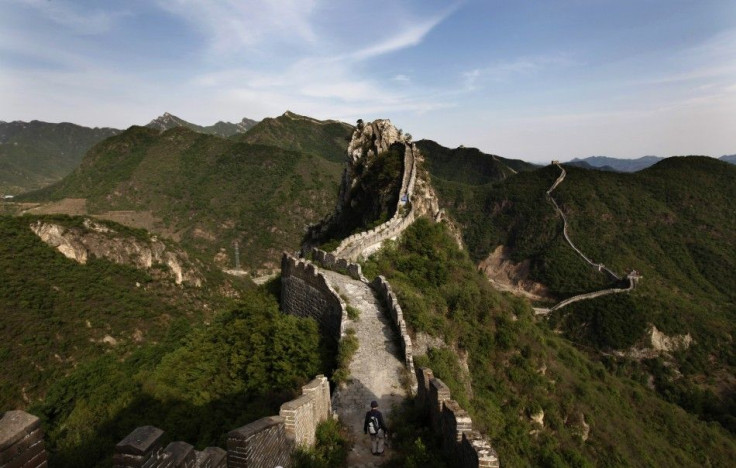China Loses Appeal at WTO of Export Restrictions

(REUTERS) -- China lost an appeal at the World Trade Organization on Monday in a case about its export restrictions on raw materials, a ruling that could make it harder for major commodity exporters to withhold supplies on the global market.
In a statement, China's Ministry of Commerce said it deeply regrets the decision but would abide by the ruling, although it considered it had acted legitimately.
The United States, European Union and Mexico had all launched WTO legal cases in 2009, challenging China's right to restrict exports of materials including bauxite, coke, magnesium, manganese, and zinc.
Many countries also later accused China of choking off global supplies of rare earth metals, causing prices to rocket for crucial ingredients in many high tech products, but rare earths were not part of Monday's ruling.
China's export restrictions helped to bolster domestic supplies of raw materials, cutting prices for local users. As well as giving an advantage to Chinese industry, it encouraged foreign firms to set up within China to give them a leg-up over competitors who faced higher costs for raw materials.
Today's report is a tremendous victory for the United States - particularly its manufacturers and workers, U.S. Trade Representative Ron Kirk said in a statement.
The Obama administration will continue to ensure that China and every other country play by the rules so that U.S. workers and companies can compete and succeed on a level playing field.
EU Trade Commissioner Karel De Gucht said the decision would force China to drop export restrictions for the materials mentioned in the case and for rare earths.
This final ruling is a great success in our efforts to ensure fair access to the much needed raw materials for EU industry, he said in a statement.
Although China had promised to eliminate export restrictions when it joined the WTO a decade ago, it cited an exemption in WTO rules that allowed it to restrict exports for environmental reasons.
But the WTO ruling found that China's terms of accession to the WTO specifically barred it from using the exemption.
The complaints against China were watched by 13 countries, including Brazil, Canada, Norway, Japan and Saudi Arabia, each of which had declared a substantial interest in the outcome to gain observer status in the case.
Although WTO law does not rely on previous cases as a precedent, trade experts say the case breaks new ground in an important but largely unexplored area of trade law and could be threaten similar export regimes around the world.
© Copyright Thomson Reuters 2024. All rights reserved.












